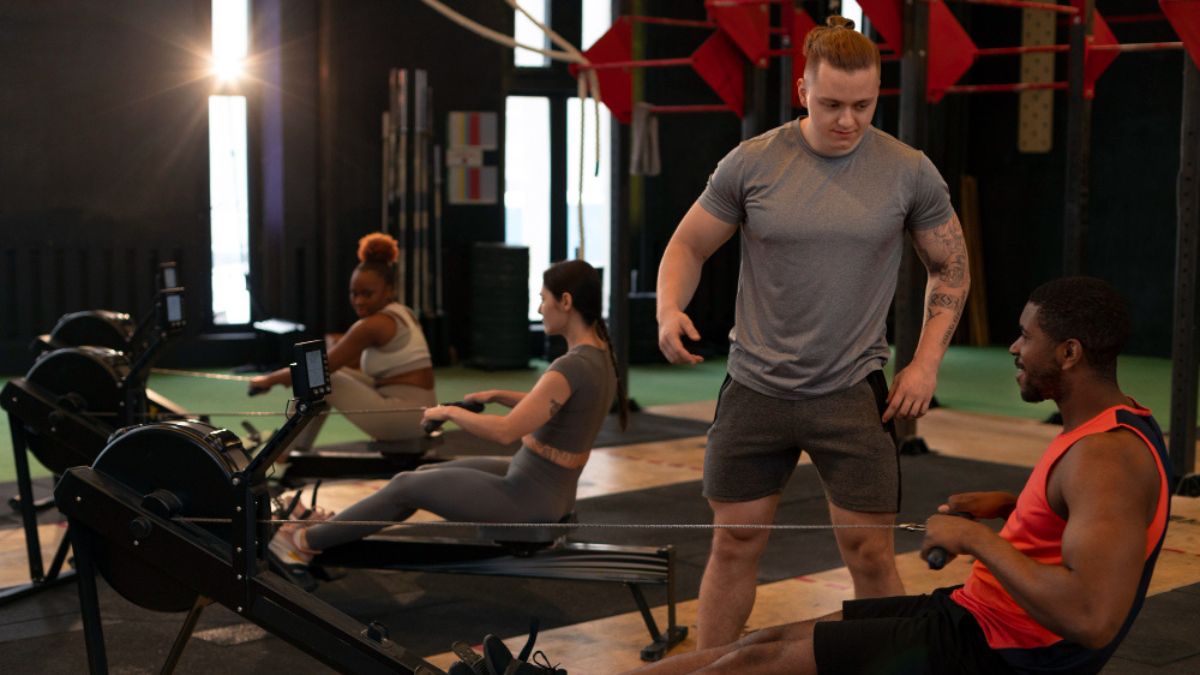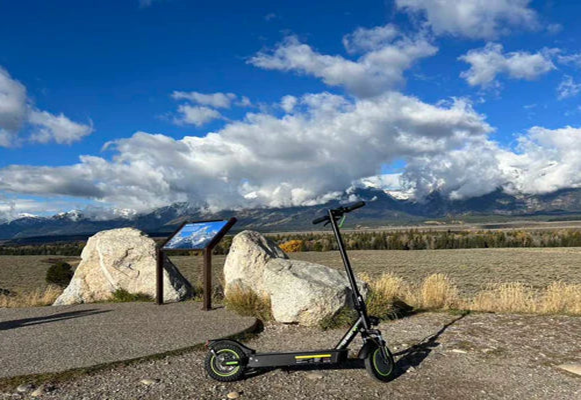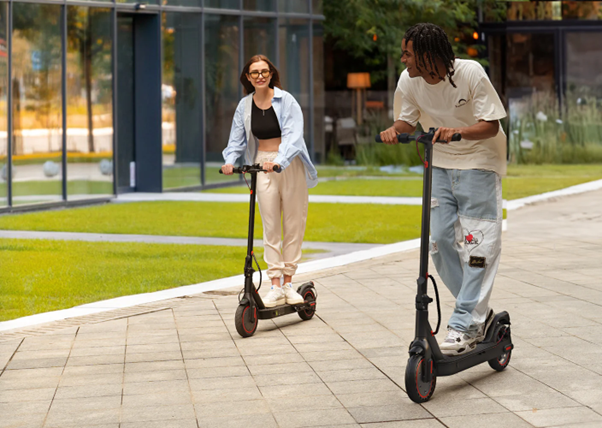Golf is as much a game of precision as it is of patience. Players at every level, from juniors to seasoned professionals, want tools that provide accurate distances to improve their performance. In recent years, two technologies have emerged as game-changers on the course: rangefinders and GPS devices. While both serve the purpose of helping golfers select the right club and shot, they differ in how they deliver information. This comparison will help you decide which tech is the better choice for your game, whether you are preparing for Georgia junior golf tournaments or exploring opportunities through the Alabama junior golf association.
Understanding rangefinders
Rangefinders are compact devices that use laser technology to measure the exact distance to a target, such as the flagstick. By pointing the device at the desired spot, golfers receive a highly accurate reading within seconds. Many rangefinders offer features such as slope measurement, magnification, and quick target lock.
Benefits of using a rangefinder
- Provides pinpoint accuracy within one yard.
- Works well on courses without detailed maps.
- Allows golfers to measure distances to trees, bunkers, or hazards.
Drawbacks to consider
- Requires a steady hand and a clear line of sight.
- This is slower to use if you need multiple measurements.
- Some tournaments may restrict slope-adjusted models.
For golfers in competitive settings like Georgia junior golf tournaments, the precision of a rangefinder can be a valuable asset, especially on challenging layouts.
Understanding GPS devices
GPS technology in golf comes in the form of handheld devices, watches, and mobile apps. These tools use satellite data and preloaded course maps to provide yardages to the front, middle, and back of greens, as well as to hazards and doglegs.
Benefits of using GPS
- Delivers quick yardages for multiple targets at once.
- Eliminates the need for line of sight.
- Often includes digital scorecards, stat tracking, and hole overviews.
Drawbacks to consider
- Accuracy can vary by several yards compared to rangefinders.
- Requires courses to be pre-mapped.
- Battery life may be limited during long rounds.
For junior golfers participating in events hosted by the Alabama Junior Golf Association, GPS devices are a convenient way to access course details quickly, which can save time during competitive rounds.
Which tech is right for you?
The choice between rangefinders and GPS often depends on your playing style and priorities. If precision is your top concern, a rangefinder is the superior option. If you prefer speed, convenience, and strategic overviews, GPS devices may suit you better. Many golfers even use both, relying on GPS for general guidance and a rangefinder for critical shots.
Whether you are training for Georgia junior golf tournaments or competing under the Alabama Junior Golf Association, the right technology can give you confidence in your decision-making and help lower your scores.
Both rangefinders and GPS devices bring unique advantages to the game. While rangefinders excel in accuracy, GPS devices shine in convenience and strategic planning. The ultimate winner is the golfer who understands how to use these tools effectively to complement their skills. As you prepare for upcoming competitions through Georgia junior golf tournaments or test your game with the Alabama junior golf association, choosing the right tech could make the difference between a bogey and a birdie.






